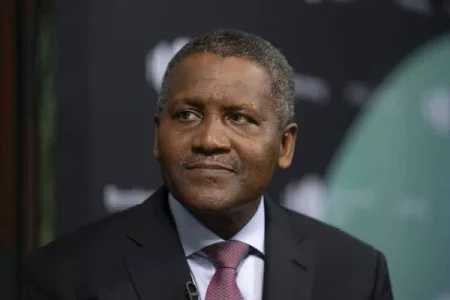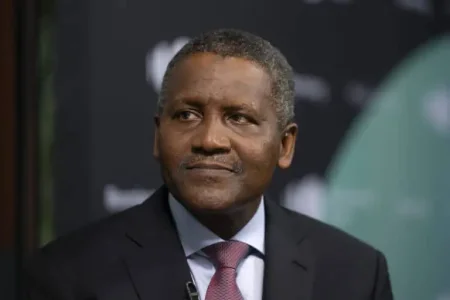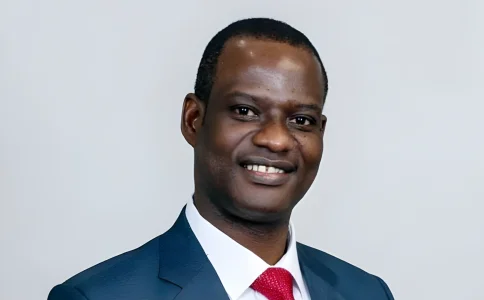
Aliko Dangote revealed that Nigeria’s government contributes only 15% to the country’s GDP, with the private sector driving the economy. Speaking at General Ibrahim Babangida’s book launch, he praised Babangida’s role in fostering private sector growth and pledged N8 billion to support the Babangida Presidential Library project in Abuja.
Nigeria’s economy is largely driven by the private sector, with the government contributing only 15% to the country’s Gross Domestic Product (GDP), according to Aliko Dangote, Chairman of Dangote Group. Dangote made this revelation on Thursday at the launch of General Ibrahim Babangida’s autobiography, A Journey in Service, and the unveiling of his presidential library in Abuja.
The billionaire businessman emphasized that Nigeria’s private sector is larger than that of any other African nation. He credited Babangida for fostering this growth by eliminating import license requirements in 1986, a move that allowed businesses to thrive. Dangote recalled that under Babangida’s leadership, several Nigerians received banking and oil block licenses, paving the way for economic expansion.
Acknowledging Babangida’s contributions to Nigeria’s economic landscape, Dangote pledged an annual donation of N2 billion for the next four years—totaling N8 billion—to support the construction of the Babangida Presidential Library. He also expressed willingness to continue funding if the project extends beyond four years.
His remarks underscore the private sector’s dominant role in Nigeria’s economic framework, raising questions about the government’s limited impact. Experts argue that increased public sector involvement could enhance infrastructure, social services, and industrial growth. Meanwhile, Dangote’s financial commitment highlights his continued investment in Nigeria’s development.
With the government’s contribution to GDP at just 15%, the debate over policies that encourage private-sector-driven growth while strengthening public investment remains crucial for Nigeria’s economic future.




